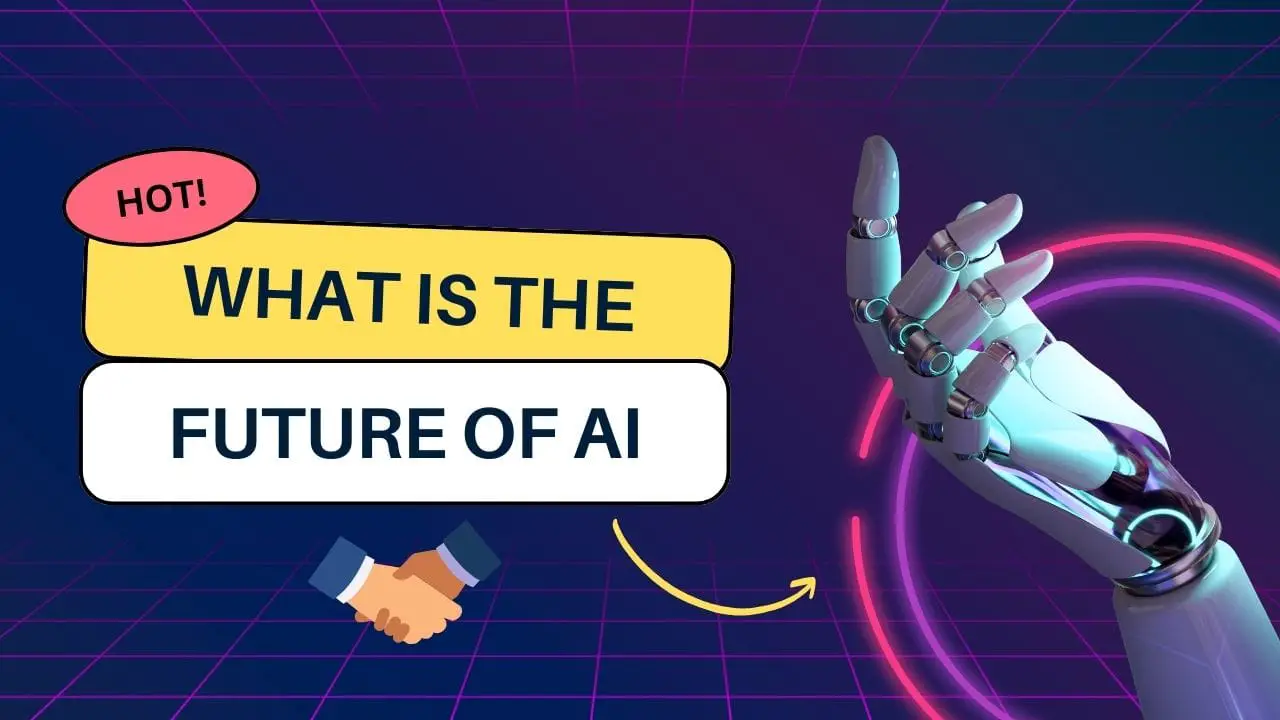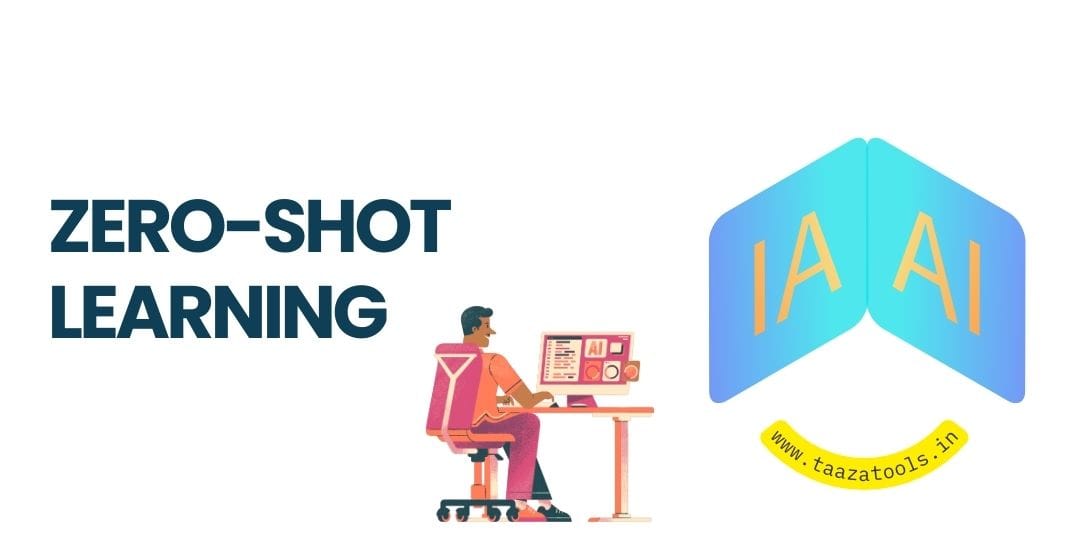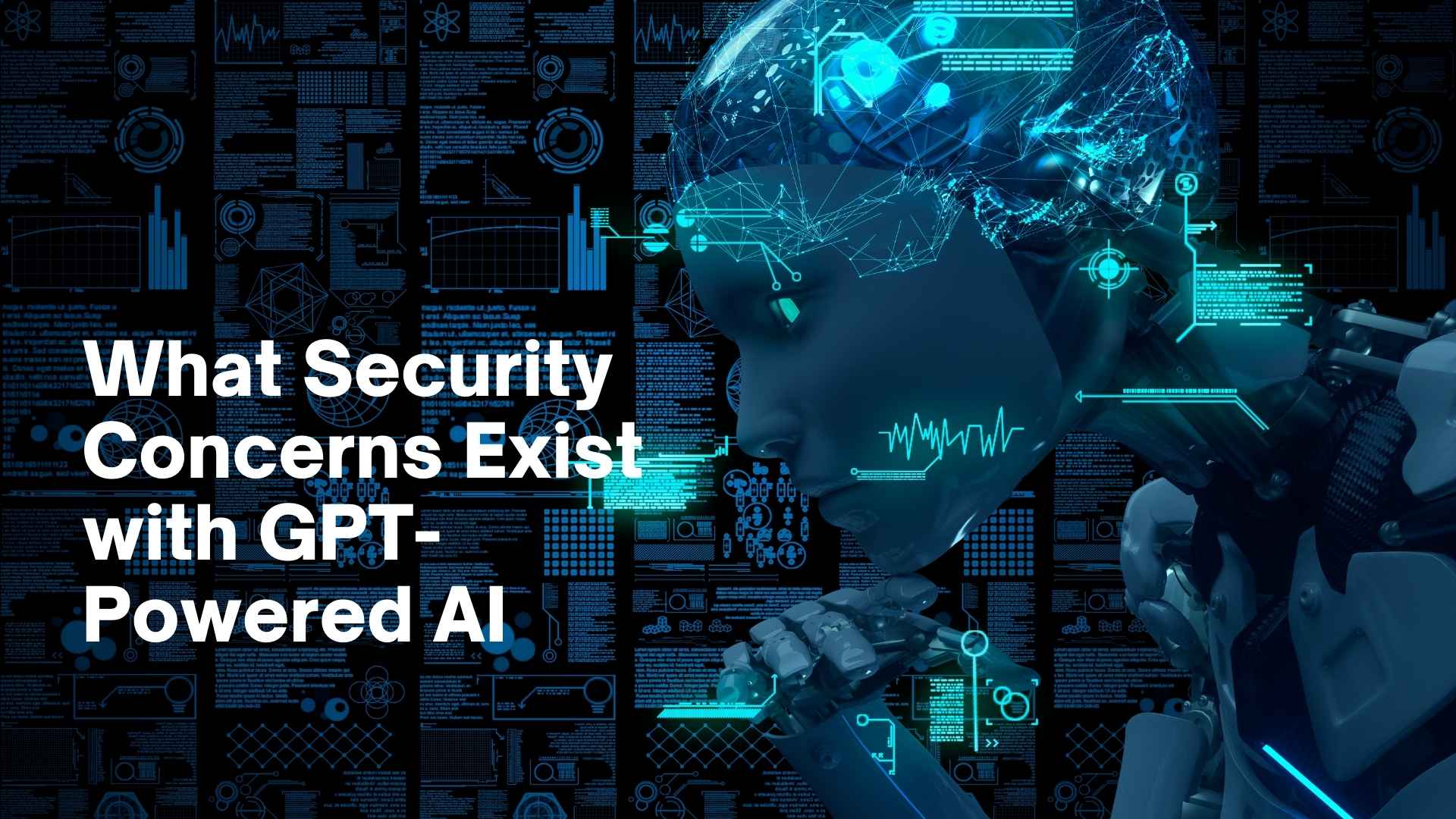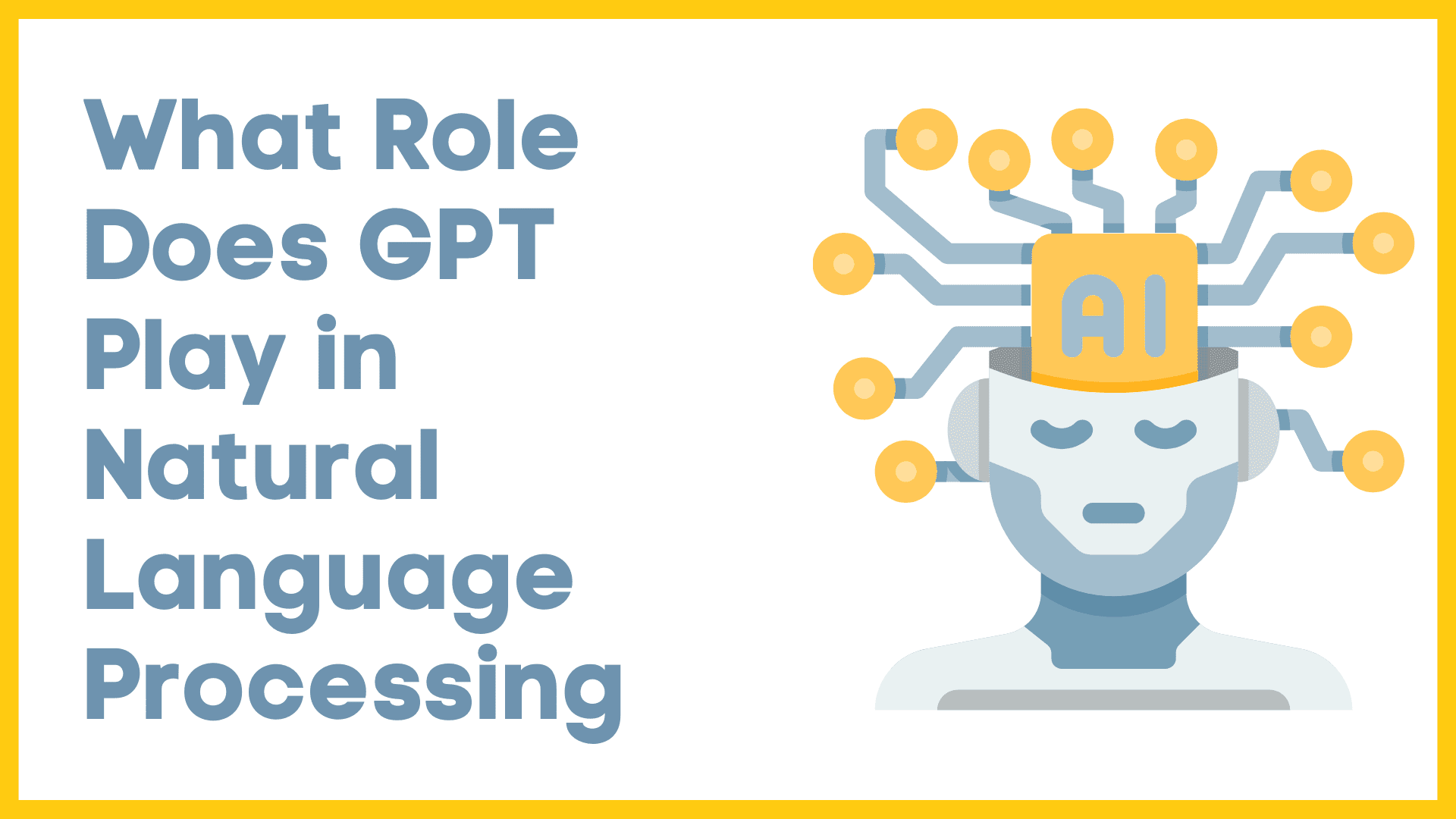The landscape of business is evolving rapidly, and at the heart of this transformation is AI (Artificial Intelligence). From automating mundane tasks to enabling data-driven decision-making, AI is reshaping how companies operate and interact with their customers. This article explores the future of AI in business, focusing on its anticipated trends, applications, challenges, and the importance of human-AI collaboration.
1. Anticipated Trends in AI Technology
As we look towards the future, several trends in AI technology are expected to gain traction:
a. Increased Adoption of Machine Learning
Machine learning, a subset of AI, allows systems to learn from data and improve over time without being explicitly programmed. Businesses will increasingly leverage machine learning algorithms to analyze vast amounts of data for actionable insights. This could lead to more accurate forecasting, personalized marketing strategies, and improved customer service.
b. Natural Language Processing (NLP)
Natural Language Processing, another branch of AI, focuses on the interaction between computers and human language. As AI tools become more sophisticated, businesses will use NLP for various applications, such as chatbots, virtual assistants, and sentiment analysis. This will enhance customer interactions by providing quicker and more accurate responses, ultimately leading to improved customer satisfaction.
c. Predictive Analytics
The future of AI in business also lies in predictive analytics. By harnessing historical data, companies can forecast trends, consumer behavior, and potential risks. This will enable businesses to make proactive decisions, enhancing their competitive edge in the market. For example, retailers can predict inventory needs, while financial institutions can assess loan applicants more accurately.
d. Enhanced Cybersecurity Measures
As businesses increasingly rely on digital platforms, the threat of cyberattacks looms larger. AI will play a crucial role in enhancing cybersecurity measures by identifying potential threats and vulnerabilities in real-time. Through machine learning algorithms, AI can analyze patterns and detect anomalies, helping organizations prevent data breaches and protect sensitive information.
2. Transformative Applications of AI in Various Sectors
AI is not a one-size-fits-all solution; its applications vary across different industries. Here are some transformative ways AI is expected to impact various sectors:
a. Healthcare
In healthcare, AI is poised to revolutionize patient care. From predictive analytics that identify at-risk patients to AI-driven diagnostic tools, the technology will help healthcare providers deliver more personalized and effective treatments. For instance, AI can analyze medical images to detect conditions like cancer at earlier stages, leading to better patient outcomes.
b. Finance
The finance sector will benefit from AI through improved risk assessment and fraud detection. AI algorithms can analyze transactions in real-time, identifying suspicious activities and mitigating fraud. Additionally, robo-advisors powered by AI will provide personalized investment advice based on individual risk profiles and financial goals.
c. Retail
In the retail sector, AI will enhance the customer shopping experience. From personalized product recommendations to inventory management, retailers can leverage AI to optimize their operations. For example, using AI to analyze customer purchase behavior can help retailers tailor marketing campaigns and improve sales strategies.
d. Human Resources
AI will also revolutionize human resources by streamlining recruitment processes. AI tools can analyze resumes, screen candidates, and even conduct preliminary interviews, saving HR professionals significant time and effort. This will allow HR teams to focus on building a diverse and talented workforce while ensuring a more efficient hiring process.
3. Challenges in Implementing AI in Business
While the future of AI in business looks promising, several challenges need to be addressed:
a. Data Privacy Concerns
As businesses harness AI to analyze vast amounts of data, concerns over data privacy and security become paramount. Companies must ensure they comply with data protection regulations and maintain transparency in their AI practices. Failing to do so could lead to legal issues and damage to a company’s reputation.
b. Skill Gaps and Workforce Adaptation
The rise of AI will require a workforce equipped with new skills. There may be a significant skills gap, as many employees may not have the necessary training to work alongside AI technologies. Companies must invest in training and upskilling their workforce to ensure employees can effectively leverage AI tools.
c. Ethical Considerations
The ethical implications of AI decision-making processes cannot be ignored. Companies must ensure their AI systems are free from bias and discrimination, which can lead to unfair practices and reputational damage. Establishing ethical guidelines and best practices will be crucial as AI becomes more integrated into business operations.
d. Integration with Legacy Systems
Many businesses still rely on legacy systems that may not be compatible with modern AI technologies. Integrating AI into these existing systems can be a complex and costly process. Companies must evaluate their infrastructure and develop a strategic plan for implementing AI solutions effectively.
4. The Importance of Human-AI Collaboration
While AI is powerful, its success in business relies heavily on human collaboration. Rather than viewing AI as a replacement for human workers, businesses should embrace it as a tool that can augment human capabilities. The future of AI in business lies in creating synergistic partnerships where humans and machines work together to drive innovation and efficiency.
a. Enhancing Decision-Making
AI can provide valuable insights and recommendations, but human judgment is essential for making final decisions. By combining AI analysis with human intuition and creativity, businesses can make more informed choices that align with their goals and values.
b. Fostering Innovation
AI can automate repetitive tasks, allowing employees to focus on more creative and strategic initiatives. This shift can foster a culture of innovation within organizations, leading to new ideas and solutions that drive business growth.
c. Building Trust with Customers
As businesses adopt AI technologies, transparency and accountability become crucial. Companies must communicate how they use AI and the benefits it brings to their customers. By fostering trust, businesses can create positive relationships with customers, enhancing loyalty and satisfaction.
Conclusion
The future of AI in business is bright, with transformative potential across various sectors. By embracing emerging trends, leveraging AI for innovative applications, and addressing challenges, businesses can harness the power of AI to drive efficiency, improve customer experiences, and foster growth. However, it is vital to prioritize human-AI collaboration, ensuring that the technology complements human capabilities rather than replacing them. As we move forward, organizations that effectively integrate AI will not only thrive in the competitive landscape but also set the standard for responsible and ethical AI use in business.








